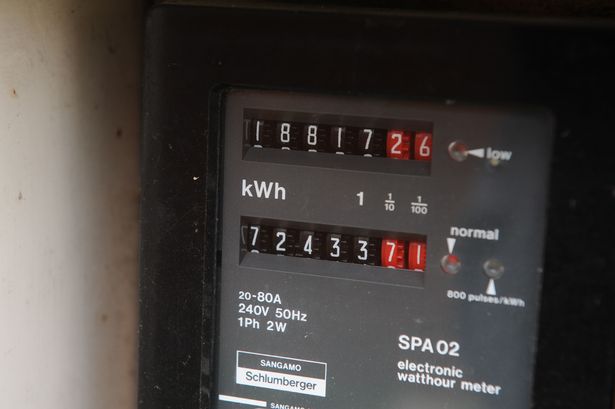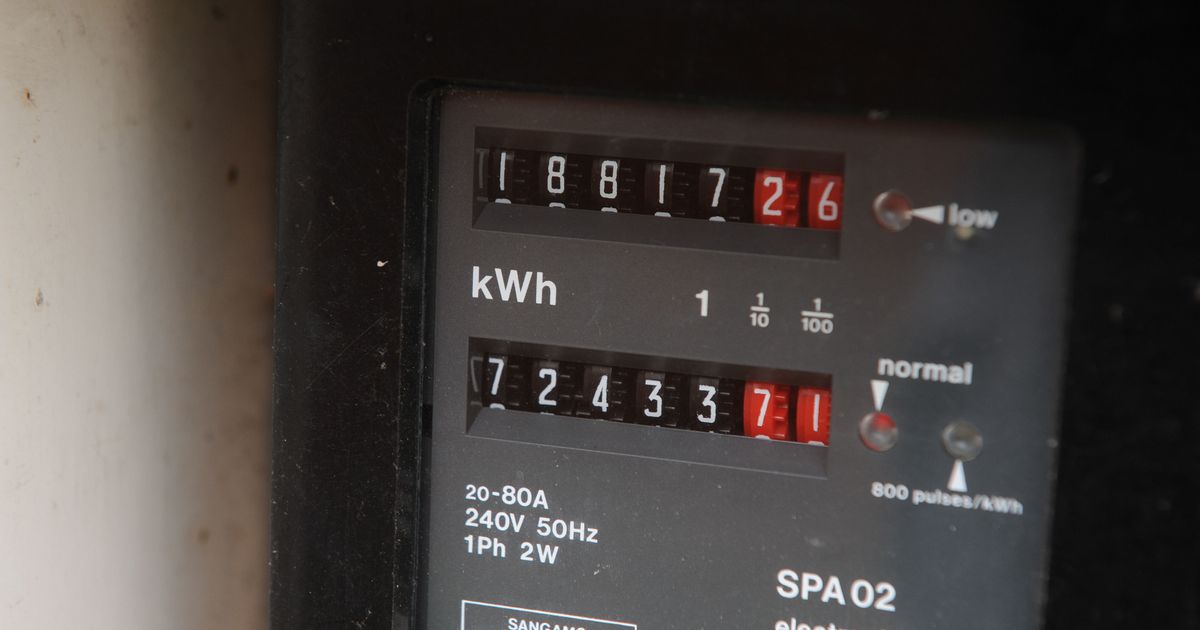Suppliers estimate how much energy has been used, but these aren’t always accurate A domestic household electricity meter(Image: PA)
A domestic household electricity meter(Image: PA)
Bristol City Council has been forced to pay huge energy bills as staff cannot access some electricity meters. One example of a meter not read for many months led to a huge bill increase of £190,000, as energy companies struggle to estimate how much power is being used.
Meters measure the amount of electricity used and this information is sent to energy suppliers to help them figure out how much to charge. When this information isn’t set, suppliers estimate how much energy was probably used, although these estimates can sometimes be “wildly out”.
Council bosses are now hoping to solve the problem by automatically sending data every half an hour, instead of once a month or four times a year. This will provide more accurate readings. An update was given to councillors on the environment policy committee on Thursday, July 24.
Polly Brand, a senior account manager at the council, said: “I’m sure you’ve seen in the news the headline-grabbing stories of people suddenly getting massive bills. If you can multiply that by 1,000 times or so, because we have a lot of meters. You can get massive swings in costs.”
She gave an example of one meter which was very difficult and dangerous to access, due to construction work cordoning it off. Without reading the data from that meter, council staff are unable to challenge bills from energy companies, who sometimes overestimate their charges.
David Gray, energy supply manager at the council, added: “If we can improve our overall metering arrangements, it will certainly save us time, money and effort. That’ll give us a better focus on managing down our bills and carbon.”
Big electricity supplies, such as large buildings and infrastructure, already have meters that measure energy usage every half hour. But smaller users, like homes and offices, have meters that are read once a month or once every three months. Across the country over the next two years, this is switching to make all meters record and send usage data every half an hour.
The council has many traditional meters that need to be read manually, and these are dispersed throughout Bristol, often in places without staff or that are difficult to access. The upcoming switch means that staff will no longer have to read these meters manually, saving time and money.
